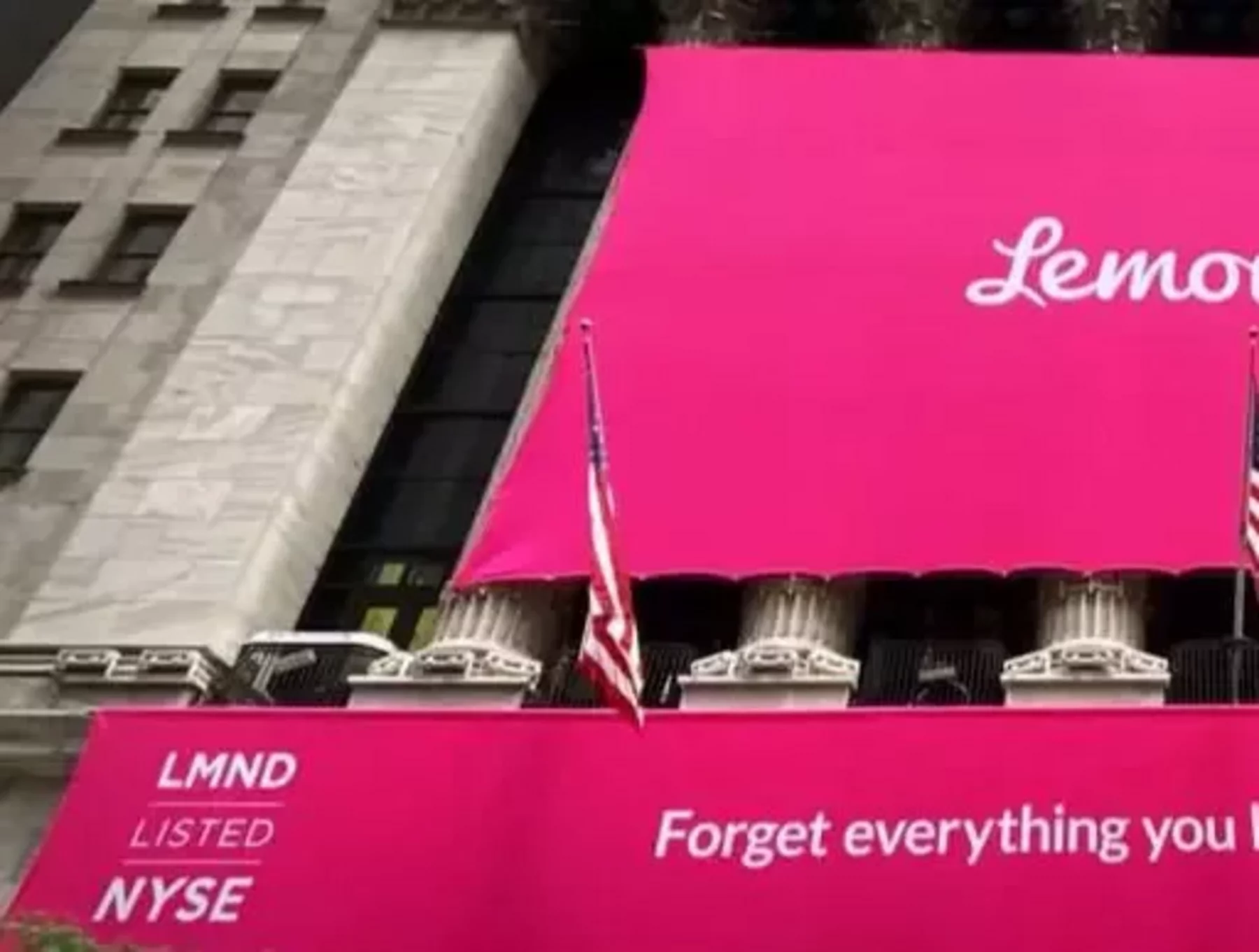In this last article in our series on open insurance, we examine two businesses at different extremes: a cloud-native startup and a 130-year-old multinational behemoth. Allianz and Lemonade, however, are demonstrating that “open” is more than simply a catchphrase; it is a roadmap for the future.
One Newcomer, One Legacy—Both Revolutionary

The epitome of legacy insurance is Allianz, which was established in 1890. But that does not mean it is stale or slow. This business knows how to change, and with its most recent action, it is proactively encouraging the rest of the sector to follow suit.
The tech-savvy startup Lemonade was founded in 2016 and designed

its house from the ground up with openness, APIs, and algorithms at its heart. Even while it lacks Allianz’s century of experience, its speed, creativity, and ambition more than make up for it.
Together, they reflect the two extremes of the open insurance spectrum: the nimble newcomer making insurance a plug-and-play experience, and the seasoned giant opening its systems to share industry expertise.
Allianz: Establishing an Insurance App Store
Allianz said that it is making essential components of its Allianz Business System (ABS) available to other insurers as an open-source solution, which is a daring and refreshingly cooperative step. for nothing.
Consider that. An international insurer is making its proprietary

infrastructure available to the whole sector. Why? Because Allianz believes that establishing a shared ecosystem where insurers can collaborate to develop, innovate, and advance the sector as a whole is beneficial.
“Consider it a sort of app store,” Allianz COO Christof Mascher remarked. “It is an open marketplace where other businesses can sell items as well… it is a hard-to-beat combination.”
The ABS system is a fully functional digital engine that provides data privacy, cross-market scalability, and many business lines. It is not merely back-office software. By making it available, Allianz is democratizing access to digital transformation in addition to upgrading its own business practices.
Technology is not the only factor here. It has to do with attitude. Allianz is placing a large bet on a future in which insurers share infrastructure, expertise, and capabilities in addition to risk.
Lemonade: Insurance With Spotify-like Integration

Anyone—yes, even someone with rudimentary coding skills—can incorporate insurance straight into their app or website thanks to Lemonade’s open API. With Stripe, you can now offer pet or renters insurance just like you would payment alternatives for your lifestyle brand or e-commerce firm.
Furthermore, they went beyond the API. Maya, Lemonade’s AI-powered insurance assistant, can even be integrated as a widget by partners, transforming the frequently intimidating insurance sign-up process into something surprisingly easy.
At its most user-centric, open insurance can take the form of embedded, customized, intelligent coverage that follows the client around. It is not just about APIs.
Why It is More Important Than Ever to Have Open Insurance

Open insurance is a philosophical movement rather than only a technological fad.
It is about taking down the barriers that separate customers, partners, and insurers. The goal is to increase relevance, transparency, and accessibility. Open insurance is not a one-size-fits-all movement, as demonstrated by Allianz’s open-source infrastructure and Lemonade’s plug-and-play API strategy.
It is a way of thinking: work together rather than compete, integrate rather than divide, and develop services that meet clients where they are, be it a broker, bank, or dog-walking app.
The Path Ahead
We have looked at what insurers can learn from open banking in this series, as well as how Ping An and AXA are developing API-first ecosystems in Asia. Now, Allianz and Lemonade are demonstrating that openness is about vision rather than size or age.
The lesson learned?
There is space—and a need—for transparency in insurance, regardless of whether you are a digital native just starting out or a legacy carrier with a global presence. Because this industry’s future is not being constructed in secret.




